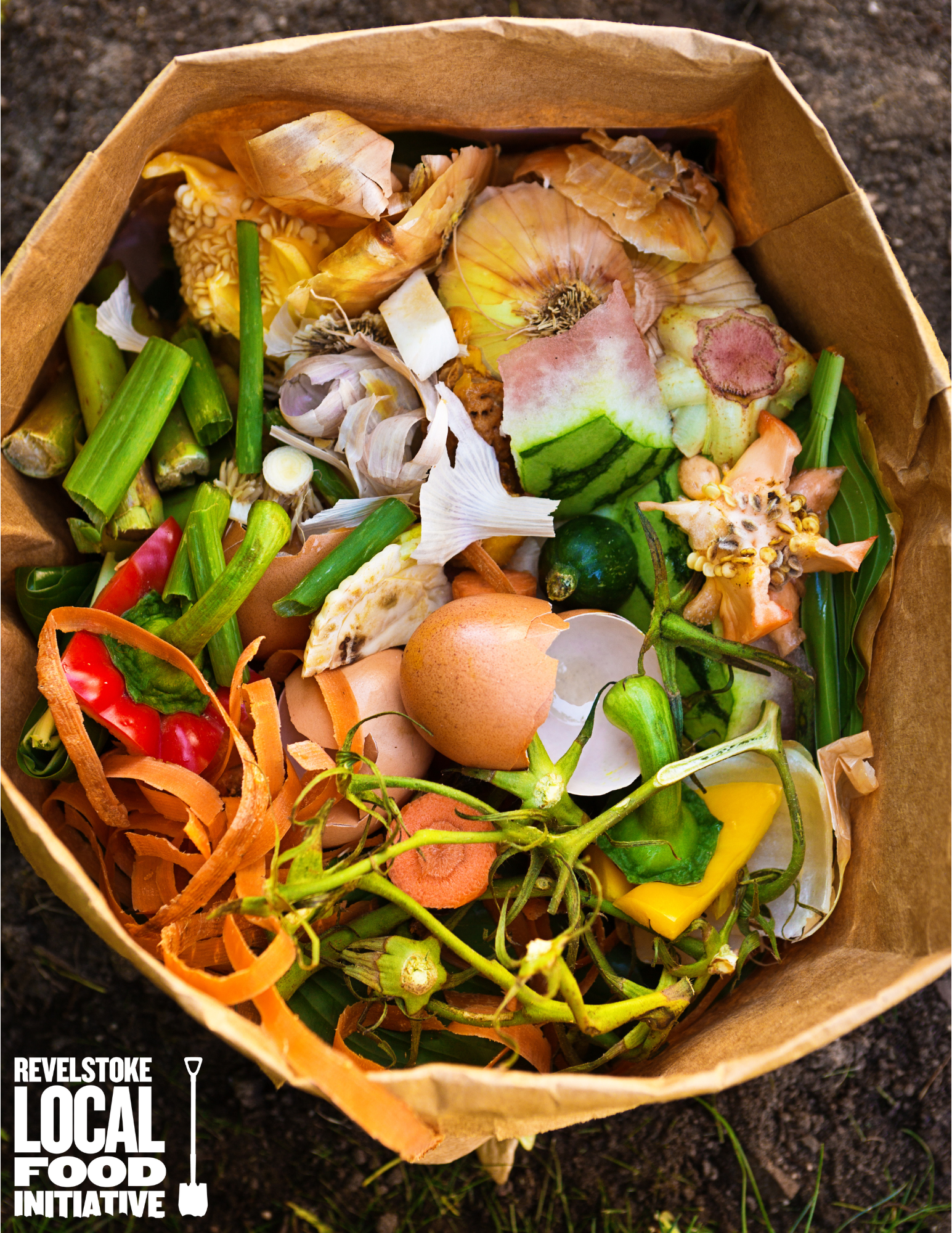Tips for safe backyard composting in bear country
What can go in the compost?
Greens (Nitrogen rich): Plant trimmings, fruit and vegetable scraps, coffee grounds, tea bags, fresh grass trimmings
Browns (Carbon rich) : Fallen leaves, sawdust, straw, tissue and brown paper, paper towel and napkins, coffee filters, dry grass clippings
Other accepted Materials: Rinsed and crushed eggshells, small amounts of fireplace ash
What cannot go in the compost?
Meat, Fish, Bones, Grains, Rice, Pasta, Dairy, Grease, Oil, Used BBQ charcoal, Pet Waste
Tips for Installing a Backyard Compost System:
1) If possible, purchase a critter safe composting unit that has locks on the top
2) Install 1/2” x 1/2” wire mesh under your compost unit and secure it with screws (This helps keep rodents from nesting in your compost)
Rodents are a high quality food source for bears, and will attract them
3) Install out of direct sunlight and keep the lid closed
4) If possible, install a fence around your compost system to further deter bears and other pests from accessing it
Tips for successful backyard composting
Be Unattractive: Avoid bear attractants in your yard
These include: Smelly garbage, unwashed recycling, fruit bearing plants, bird feed, dirty BBQs, accessible pet food, and poorly maintained compost (compost systems that include any of the ‘do not compost’ items listed above).
Include lots of Browns:
Add equal amounts of ‘Greens’ (Nitrogen rich material) and ‘Browns’ (Carbon rich material) to your compost
Cover Greens with Browns whenever you add Greens to your compost - Browns help with decomposition and limit the smell of compost piles
Pro Tip: Collect leaves from your yard in autumn and save them for amending your compost pile during the summer
Let it Breathe:
Turn your compost pile regularly - this helps to speed up the composting process by adding more oxygen to the system and limits the smell of your compost pile
Turn your pile every few weeks and poke holes in it (the handle of a shovel or rake works well for this) and add Browns every time
Pro Tip: add water to your compost during prolonged hot and dry periods: this helps speed up the decomposition process and deters rodents from nesting in your compost
Bury fruit and other Greens:
Large amounts of fruit or Greens should be buried approximately 1 foot deep in the compost pile and covered in Browns
This both speeds up the decomposition process by putting fresh material in the centre where the compost is hottest and helps mask the scent of the new material by covering it with Browns
Keep your compost healthy and odour free:
When in doubt, add more browns to your compost to help keep it odour free
Turn regularly, poke holes and add water if it starts to dry out
More Information
For more information on how to safely backyard compost in bear country, check out these resources:
If you have more questions about how to safely backyard compost, please email the LFI Compost Coordinator at compost@revelstokelocalfood.com for more information.



